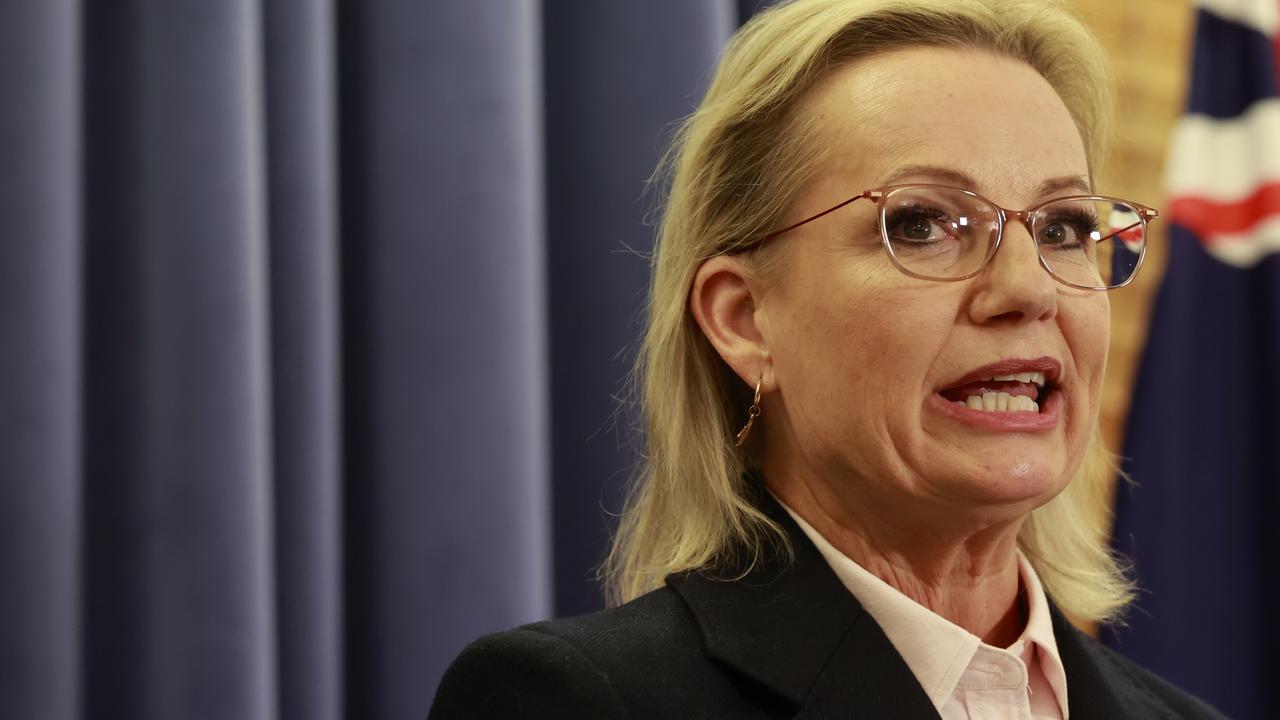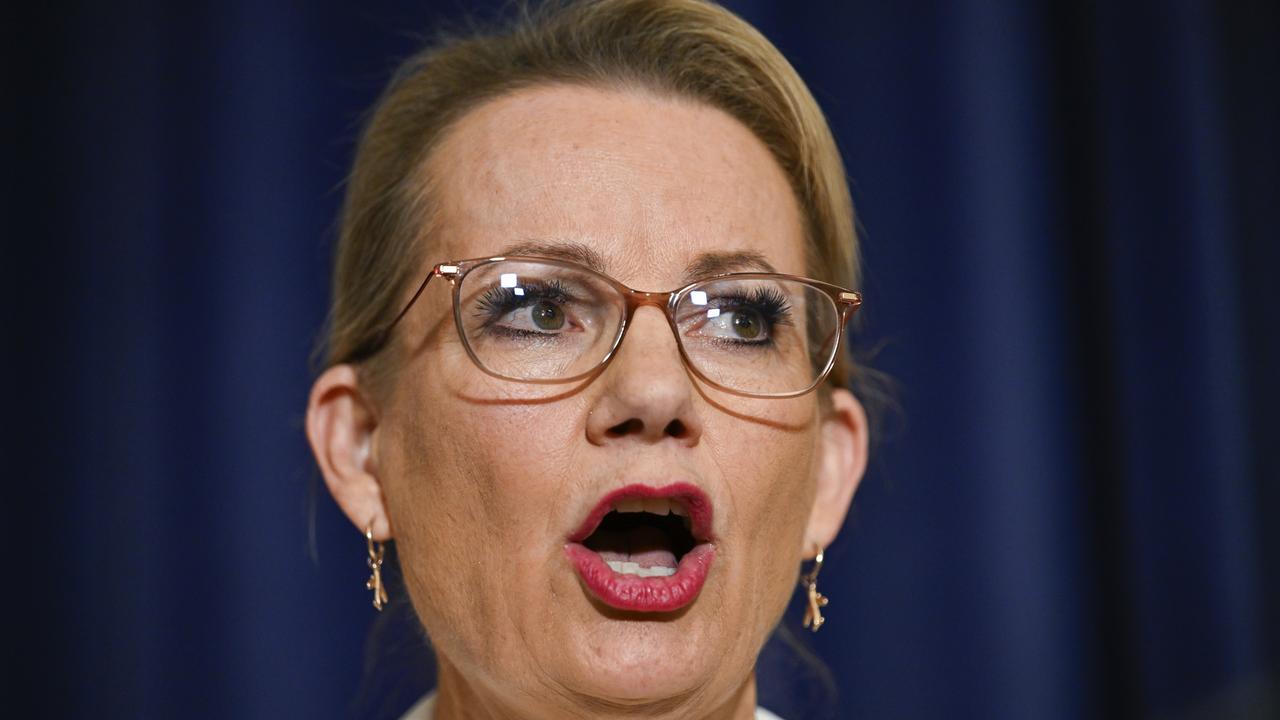Dean Parkin: Voice to Parliament is a win for all Australians
A referendum on a Voice to Parliament is a good deal for Australia and it doesn’t take a great leap of imagination to see the benefits it will bring, writes Dean Parkin. Find out what it means.
SOME people watching the election night coverage two weeks ago might have been scratching their heads about the new Prime Minister’s comments on an Aboriginal and Torres Strait Islander “voice enshrined in our constitution”.
After an election campaign that seemed to barely rise above the low-tide mark of hope and expectation, here was the victor immediately making a soaring promise of change. As the days wore on, the imaginations of the professional commentators grew wilder and more speculative about this Voice: what was it? And what would it do?

Demands for detail about structure, functions, roles and who was going to sit on the Voice came thick and fast, ignoring the detail that the Minister tasked with leading this change, Linda Burney, hadn’t been sworn in to her portfolio for Indigenous Australians.
Mostly this demand for detail is driven by genuine curiosity from people who want to understand more about an Indigenous Voice to Parliament and why it is critical that it is given a constitutional guarantee through a referendum. Our experience over the last five years since the Uluru Statement from the Heart proposed a Voice enshrined in the constitution is that when Australians are respectfully informed and engaged on the issue, they understand. They just get it.
Linda Burney, 27 years ago, was a co-author of a key report titled Recognition, Rights and Reform given to Prime Minister Paul Keating that proposed constitutional recognition among a range of measures in response to the Mabo High Court decision.

Prime Minister John Howard promised to hold a referendum on Indigenous constitutional recognition in 2007 which didn’t eventuate but did usher in 15 years of unbroken bipartisanship that continues today.
It was Aboriginal and Torres Strait Islander people, through the Uluru Statement, that said for the recognition to be meaningful, it must have a practical impact on the lives of our people in communities. While Aboriginal and Torres Strait Islander people continue to experience significantly worse outcomes in areas like health, education, employment and justice to non-Indigenous Australians, we can’t afford exercises in mere symbolism.

Across the countless people we have spoken to over the last five years, it is clear that Australians overwhelmingly think about equality between Indigenous and non-Indigenous people through a lens of fairness, rather than through theoretical think-tank perspectives.
They might not read the annual Closing the Gap reports that detail the statistical lack of equality but they do know that far too many Indigenous people in our nation aren’t getting a fair go with respect to the quality of life that we expect for all Australians.
It is also clear there is a growing frustration that, despite significant goodwill and investment over many years, the laws and policies aimed at addressing inequality that come out of government offices in Canberra and Brisbane are simply failing to change things for Indigenous families and communities quickly enough.
It doesn’t take a great leap of imagination to understand the practical benefit of having Indigenous people directly advising politicians and bureaucrats about issues that particularly impact their people and communities. That we’ll get better results when the people directly affected by decisions made about them, have direct say over them.

Just a say. No ability to force or veto decisions but giving advice that governments can choose to ignore if they want to go another way. Just a say.
The constitutional change for the Voice that needs a referendum to succeed merely means the Voice is guaranteed to exist irrespective of the turmoil of short-term parliamentary cycles.
It is not possible for such complex issues such as children in out-of-home care and juvenile justice to be solved in a single term of government. These are entrenched, multi-generational problems, so it is critical the Voice has long-term security to give fearless advice to governments regardless of their political stripes.
There is more work to develop the details and Australians will get a good look at the Voice before it is put to a referendum. While there will be the predictable scare campaigns, that work will tap a deep well of goodwill from Australians from all walks of life.
A referendum on a Voice to Parliament delivers upon decades-long calls for Indigenous constitutional recognition while having a practical impact on the lives of Aboriginal and Torres Strait Islander people and will bring the country together in the same spirit as the historic 1967 referendum. Australians know this is a very good deal.
Dean Parkin is a Quandamooka man and director of From the Heart

Originally published as Dean Parkin: Voice to Parliament is a win for all Australians


